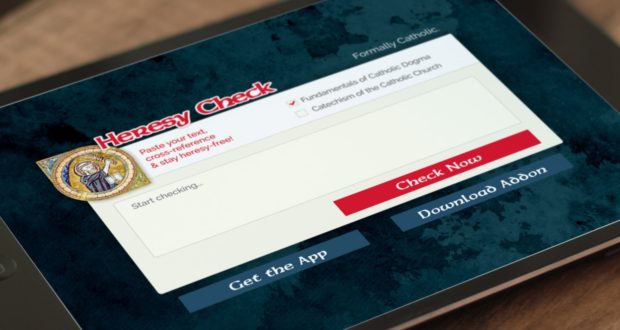For those of you about forty-years-old or older, you can probably remember a time when there was neither internet nor cable. There was no TV recording capability: if you wanted to watch Donny and Marie, you watched it Fridays at 8:00 PM or not at all. If you were playing home video games in 1978, you were playing Pong. Yes, life was hard.
And for young authors like myself, technology that would have assisted you in writing was almost nonexistent. Remember that this was an era in which a mechanical pencil was considered pretty cool. “Cutting and pasting” required scissors and Elmer’s. If you were lucky, you had a typewriter; if you were even luckier, that typewriter had a correction ribbon.
For me, “grammar check” meant simply reading a sentence aloud and waiting for my Mom to correct me. “Spell check” worked like this: “Mom, how do you spell snickersnee?” Mom: “Look it up, Johnny!” (As an entire generation of kids observed—and an entire generation of parents did not—“looking it up” implies the prior knowledge of the spelling.)
Life has gotten easier since then, and writing has become almost too easy. (Of course, good writing is almost impossibly hard, which is why you see so little of it anywhere, including this column.) Writers have an embarrassment of riches at their disposal, so I feel a little funny demanding even more, but I have a request. I have grammar check. I have spell check. Those wonderful add-ons tend to keep me out of spelling and grammar trouble, but really, how much trouble can you get into by using improper grammar or spelling a word incorrectly? What I really need is a “heresy checker.” (I’m not sure who first thought of this idea, but I’ve been kicking it around in my head for decades.)
As you smart homeschoolers know, there is a difference between material heresy and formal heresy.
Material heresy occurs when you hold a condemned position but, through no fault of your own, you don’t know that it’s heretical.
Formal heresy occurs when you are aware that you hold a heretical position, and obstinately maintain your heretical position anyway.
Material heresy is not that difficult to fall into; for instance, the Church does not expect the average layman to be an expert on the nuances of the doctrine of grace. Formal heresy? Well, once you fall into that, there’s only one thing you can do: receive tenure at a prestigious university.
Here’s how heresy check would work. In the same way that grammar check works, heresy-check would “flag” your materially heretical statements and only “unflag” them when corrected. For instance, the other day, I sat down to write an article about grace. And my basic point was that while God gives sufficient grace to everyone, it follows that your level of sufficient grace may differ from my level of sufficient grace since (among other things) some are more affected by The Fall than others. I never wrote it because I was concerned about whether that was correct.
(This might seem strange to you—this idea that I sit around and think about grace, The Fall of Man, etc. But I’ve got a four-year-old and a twenty-year-old in the house, and while questions about the Fall of Man may seem theoretical to you, they seem very practical to me. No offense, kids.)
I don’t want accidentally to espouse Jansenism or Nestorianism. I’ve got enough problems without that. So I need help. Up until now, I’ve been Facebook-messaging my brother Tim with those types of questions. (If you knew Tim, you’d understand why I do. My brother Tim is so smart that if I find out that he and I disagree on something, I make an effort to find some “quiet time” to try to figure out where I went wrong.) But he and my sister-in-law, Yvonne, have a family to raise. It’s not fair to burden them with questions about semi-Pelagianism while they’re changing diapers. With heresy check, my problems—and Tim and Yvonne’s—would be solved. Except for the diapers.
I am half-serious about this. Actually, I’m completely serious about the need for such a product. I’m just not sure if it’s possible. Presumably, you would need to find some way to enter in dogmatic data from the fathers, doctors of the Church, and councils to your word processor.
If you found some way to cross-reference Ludwig Ott’s Fundamentals of Catholic Dogma and the Catechism of the Catholic Church, you might be onto something. In fact, you’d be a hero to Catholic scholars everywhere.
Consider this a formal challenge, programmers! Go make us proud!

 Seton Magazine Catholic Homeschool Articles, Advice & Resources
Seton Magazine Catholic Homeschool Articles, Advice & Resources
